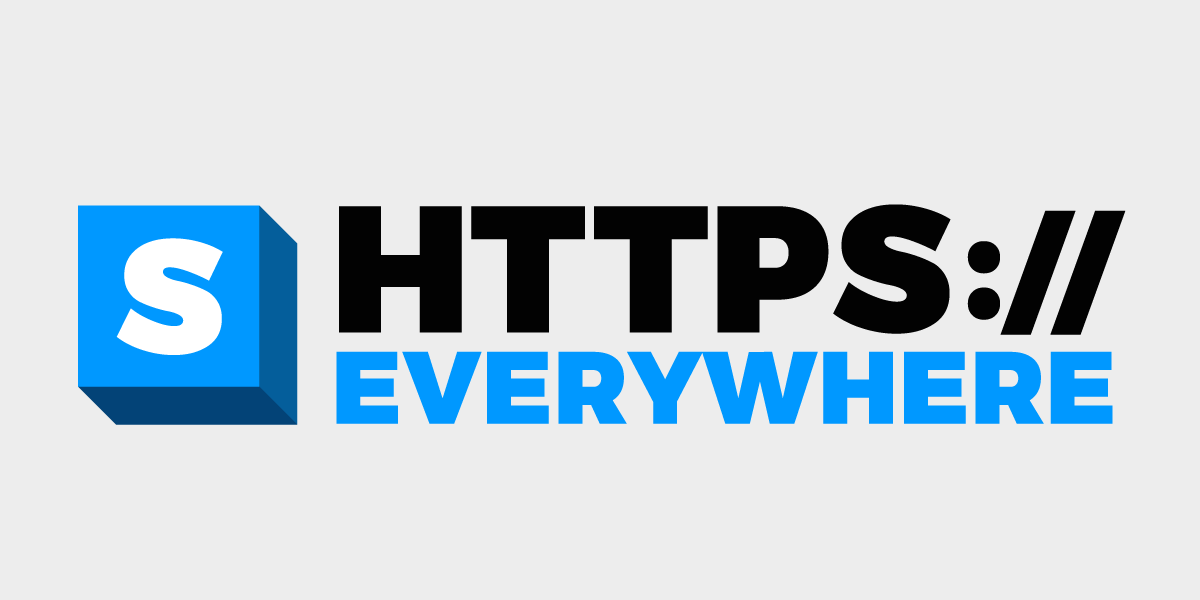HTTPS is in fact everywhere | Electronic Frontier Foundation

For more than 10 years, EFF’s HTTPS Everywhere browser extension has provided a much-needed service for users – encrypting their browser’s communications with websites and ensuring that they have HTTPS protection wherever possible. Since we started offering HTTPS Everywhere, the battle for encrypt the web has taken giant leaps: what was once a difficult technical argument is now a consumer standard offered on most web pages. Today, HTTPS is really pretty much everywhere, thanks to the work of organizations like Let’s Encrypt. We’re proud of EFF’s own Certbot tool, which is Let’s Encrypt’s software add-on that helps web administrators automate HTTPS for free.
The goal of HTTPS Everywhere has always been to become redundant. This would mean that we would have achieved our larger goal: a world where HTTPS is so widely available and accessible that users no longer need an additional browser extension to get it. Now that world is closer than ever, with mainstream browsers offering native support for an HTTPS-only mode.
With these simple settings available, EFF prepares to deprecate the HTTPS Everywhere web extension as we move to the new frontiers of secure protocols like SSL / TLS. After the end of this year, the expansion will be in “maintenance mode”. for 2022. We know that many different types of users have installed this tool and want to give our partners and users time to make the transition. We will continue to notify users that there are native HTTPS-only browser options available before the extension is completely removed.
Some browsers like Brave have been using the HTTPS redirects provided by the HTTPS Everywhere rule set list for years. But even with innovative browsers raising the bar for user privacy and security, other browsers like Chrome still hold a huge share of the browser market. Adding a native setting to enable HTTPS in these browsers impacts millions of people.
Follow the steps below to enable these native HTTPS-only features in Firefox, Chrome, Edge, and Safari and celebrate with us that HTTPS really is everywhere for users.
Firefox
The steps below apply to the Firefox desktop. HTTPS-only for mobile is currently only available in Firefox developer mode, which advanced users can enable in about: config.
Preferences> Privacy and security> Scroll down > To allow HTTPS mode only
Chromium
HTTPS Only in Chrome is available for desktops and mobiles in Chrome 94 (released today!).
Settings> Privacy and security> Security> Scroll down > To fall over “Always use secure connections”

Edge
This is still considered an “experimental feature” in Edge, but is available in Edge 92.
- Visit
edge://flags/#edge-automatic-httpsand enable automatic HTTPS - Press the “Restart” button that appears to restart Microsoft Edge.
Visit edge://settings/privacy, scroll down and activate “Automatically switch to more secure connections with automatic HTTPS”.

Safari
HTTPS is upgraded by default when possible in Safari 15, which was recently released on September 20, for macOS Big Sur and macOS Catalina devices. No modification of the parameters is necessary on the part of the user.

Updates for Safari 15